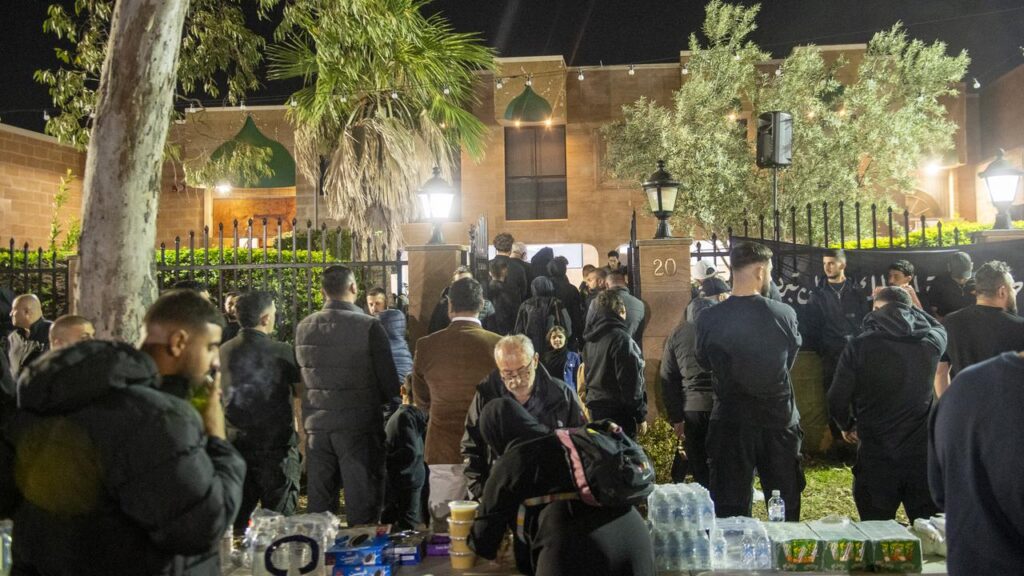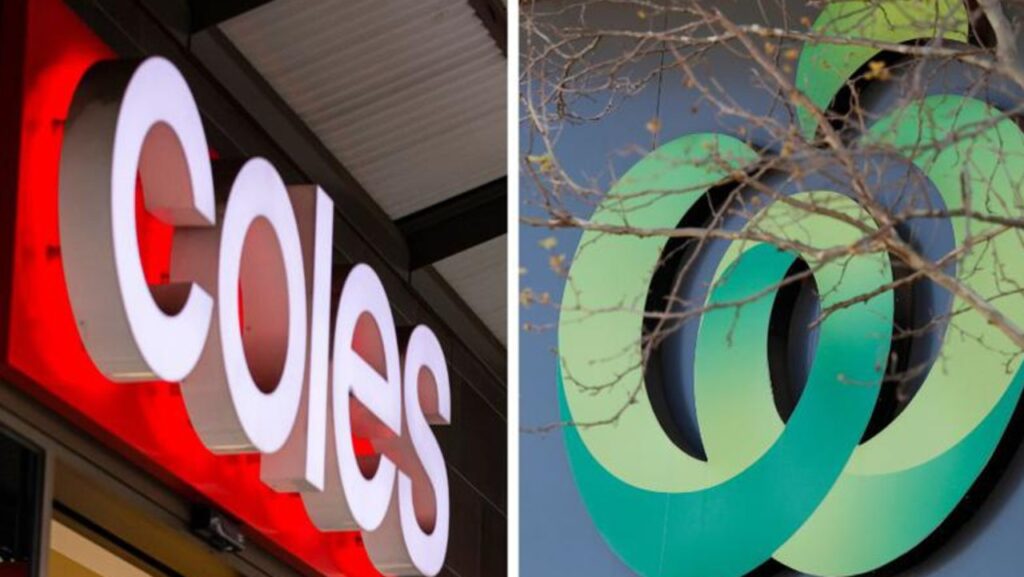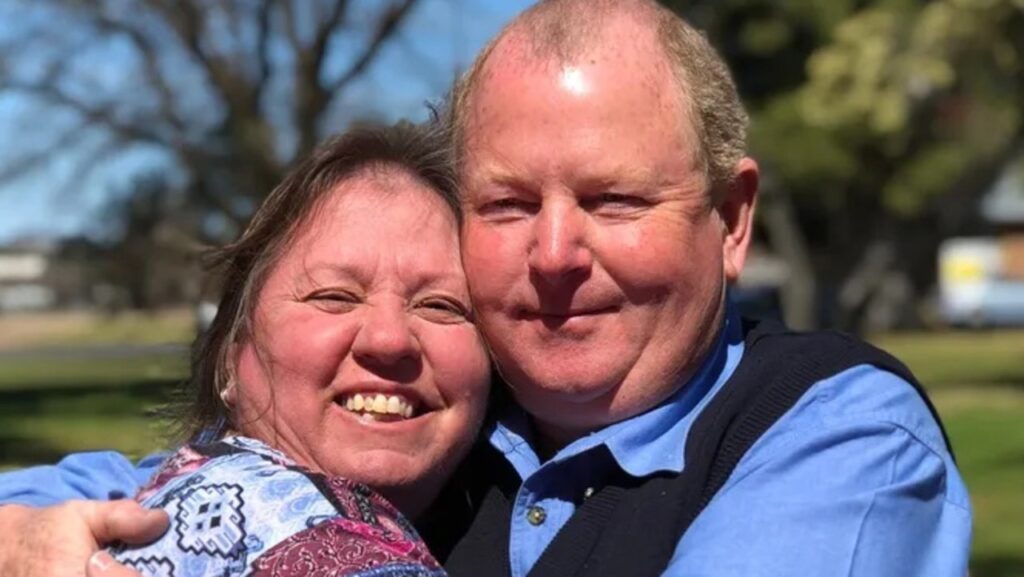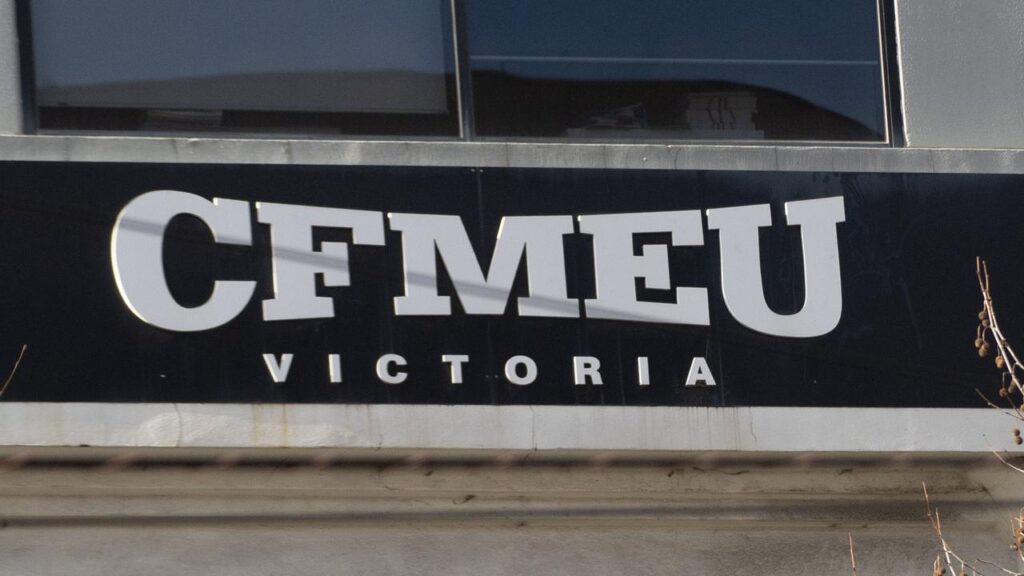Clash over $3bn hit to Australia’s bottom line
Written by admin on August 20, 2024
Labor’s federal spending has been put in the spotlight after the falling iron ore price triggered fears it would dent Australia’s budget bottom line by $3bn.
Prices have fallen by 38 per cent since early 2024 and reached $US81.80/tonne last Thursday, with prices plummeting faster than Treasury forecasts released in May.
The slump could reduce tax receipts, dudding Australia’s bottom line by about $3bn over the forward estimates, as warned by Treasurer Jim Chalmers on Sunday.
Doing the breakfast news rounds, Social Services Minister Amanda Rishworth said the government had prepared for a slump in prices, but it was causing uncertainty.
Treasury has forecast the iron ore price to reach a long-run anchor price of $US60/tonne by the end of the 2025 March quarter; however, China’s largest steel maker Baowu Steel Group has flagged the downturn in its homegrown steel industry would be longer and more severe, stoking uncertainty and sagging market confidence.
“I would say that this is a reminder that Australia is not immune from global economic volatility, and, you know, we, as a government have been preparing for that,” Ms Rishworth told Sunrise.
“We’ve put budget settings in place to make sure that we do prepare for that. I would say that we’ve been very focused on bringing back budget surpluses.”
Her sparring partner, Nationals senator Bridget McKenzie, said falling iron ore prices would expose Labor’s $315bn in extra spending, which the Coalition argues has resulted in stickier inflation.
The government has maintained this was linked to the indexation of the pension.
“Inflation is staying higher for longer than it needs to be here at home, and that’s what the Reserve Bank governor has been trying to tell state and federal Labor governments in her recent public iterations,” Senator McKenzie said.
“So what this drop in iron ore prices has showed and exposed is that we do have a structural problem with the budget long term and that’s what Labor needs to get under control.”
Ms Rishworth countered Senator McKenzie’s attack, stating the spending was essential and called on the opposition to state what measures it would cut.
Hits to the iron ore price have coincided with China’s property sector downturn, with home prices posting their sharpest fall on record (8.2 per cent) in July. Investment in real estate has also dropped 10.2 per cent year-on-year.
On Sunday, Dr Chalmers said the softness in the Chinese economy and falling iron ore prices were proof that Australia was “not immune from volatility and uncertainty in the global economy”.
“This is exactly why we take such a cautious and conservative approach to Treasury’s forecasts for resource prices and revenue,” he said.
“We’re following these developments very closely because of their potential impact on our economy and our budget.
“We’ve delivered the first back-to-back surpluses in almost two decades at the same time as we’re easing cost of living for Australians.”
Read related topics:China







